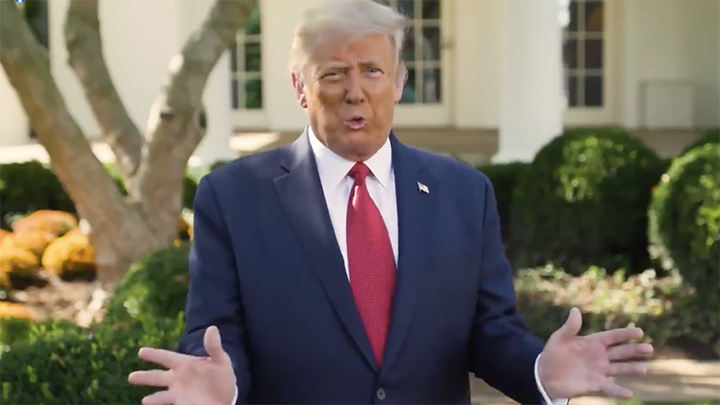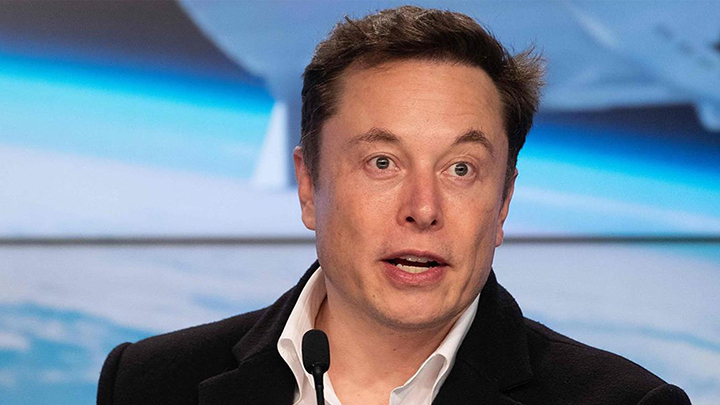Kenya could be staring at a financial crisis in key sectors following United States President Donald Trump’s decision to suspend foreign aid for 90 days.
The move, part of a wave of executive orders signed in his first week in office, has sparked concerns over the fate of crucial programmes heavily reliant on US funding.
The US has been Kenya’s largest donor, disbursing over Sh80 billion annually to support initiatives in health, economic development, humanitarian aid, democracy, education, and security.
In 2024 alone, Kenya received Sh83.5 billion out of an estimated Sh90 billion, with the health sector taking the lion’s share at Sh39.5 billion.
Humanitarian assistance followed at Sh27.8 billion, while economic development, programme support, and democracy received Sh7.1 billion, Sh6.3 billion, and Sh1.2 billion, respectively.
Read More
The education sector was allocated Sh981 million, and Sh309 million was channelled towards peace and security.
For five consecutive years, the health sector has remained the biggest beneficiary, with a cumulative total of Sh1.89 billion invested in programmes such as the President's Emergency Plan for AIDS Relief (PEPFAR) and USAID.
These initiatives have saved over 26 million lives in more than 50 countries through the provision of antiretroviral drugs, vaccine distribution, and healthcare training.
In the past five years, Kenya has received Sh472 billion from the US, underlining the risks of overdependence on foreign aid.
With Trump’s policy shift threatening this crucial lifeline, Treasury Cabinet Secretary John Mbadi acknowledged the looming crisis but assured that the government would step in to cushion affected programmes.
“We will have no alternative but to redirect part of the development budget to sustain crucial programs that could be starved of funds if the US halts foreign aid,” Mbadi said.
At the same time, Health Director General Dr. Patrick Amoth sought to allay fears, confirming that Kenya has adequate supplies of antiretroviral drugs for at least six months and expressing confidence that alternative funding sources would emerge.
“We have enough HIV commodities, including antiretrovirals and testing kits,” he said.
Experts have warned that developing nations that rely on financial support from wealthier countries may face severe economic strain if the suspension is prolonged.
As Kenya braces for potential funding shortfalls, the government’s ability to realign its budget and secure alternative resources will be crucial in averting a crisis.











